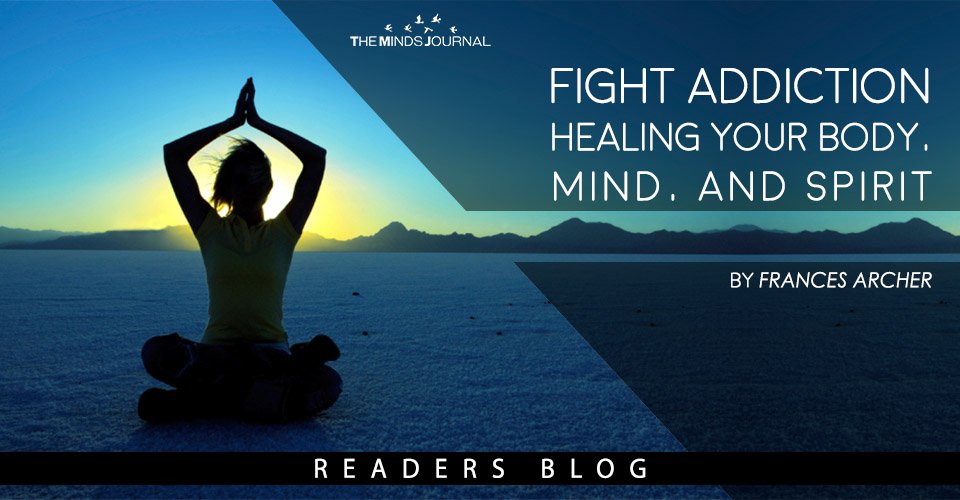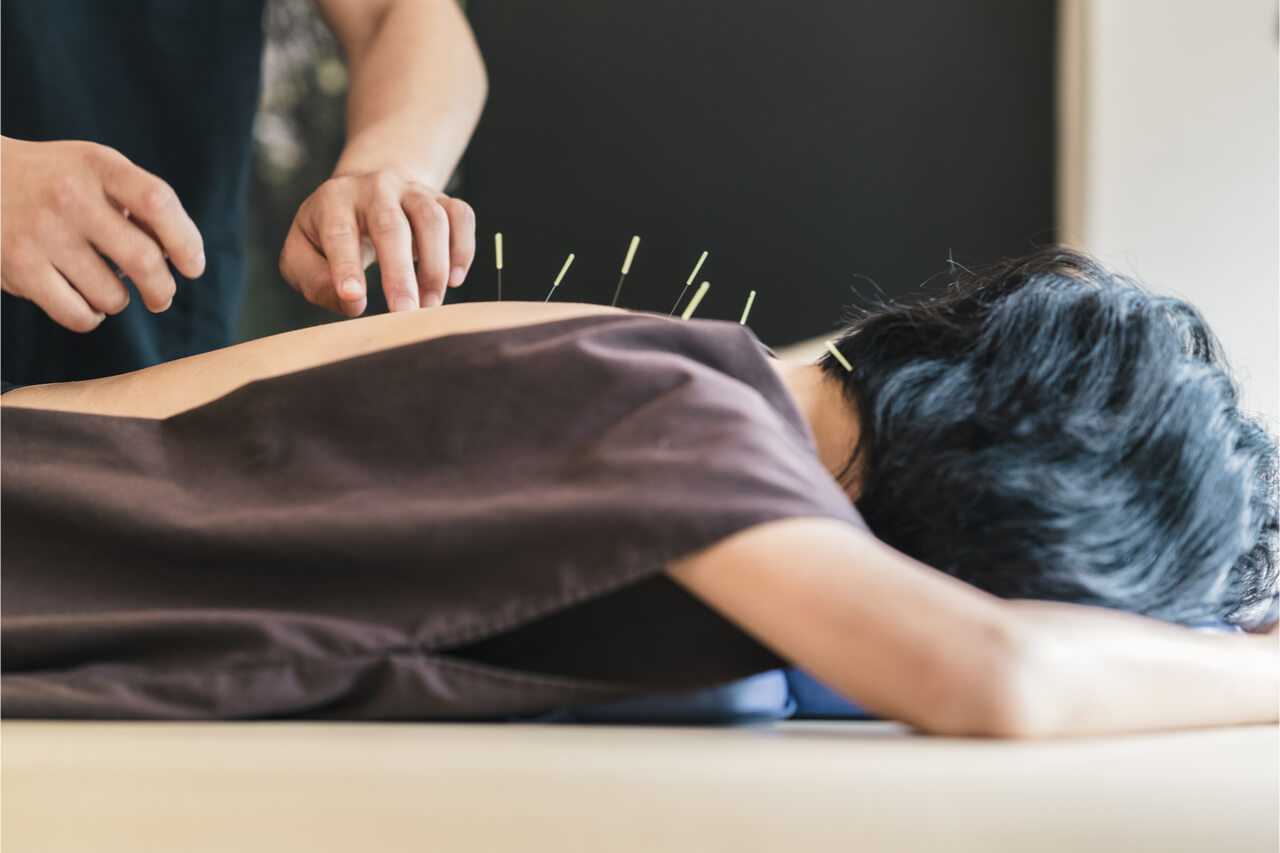Holistic medicine has been utilized for thousands of years in ancient cultures. But it has been a steady trend within the US healthcare only for the past several decades.
Holistic treatment practices are used to alleviate the symptoms of many different ailments. Alcohol or drug abuse is not an exception. Many rehabilitation centers combine conventional treatment programs with holistic ones.
What Does the Term “Holistic” Mean?
Holistic medicine is an approach to health and well-being that includes a wide system of alternative treatments and practices. Holistic addiction treatment addresses the body as a whole and emphases three principal aspects: the body, mind, and spirit. The general principle of holism is that these three elements must be treated concurrently to reach wellness instead of focusing on a single illness or injury.
When it comes to treating people addicted to alcohol or drugs, a person is treated as a whole. The aim is to ensure the physical, mental, and emotional health of the individual.
What Are Some Holistic Treatments for Addiction?
Holistic practitioners claim that a human body is able to heal itself. A holistic approach to recovery is employing a few of the techniques listed below in order to unlock that potential.
- Biofeedback learns to control normally involuntary body processes, such as muscle tension and blood pressure. It can help an addict feel more comfortable during the withdrawal process.
- Neurofeedback has a potential to stop cravings.
- Massage therapy helps patients to relax, distress, or even relieve physical pain.
- Acupuncture activates the self-healing mechanisms.
- Stretching also helps to reduce stress and encourage relaxation.
- Yoga and meditation nurture and integrates mind, body, and spirit.
- Tai Chi, also defined as “moving meditation” influences people in the ways yoga does, which allows the individual to open their true self.
- Herbal therapy supports a healthy diet, assists with detoxification, and reduces substance cravings.
- Guided imagery changes the emotional state of a person by means of visualization. A person can overcome anxiety, relieve pain, and improve the quality of sleep.
Usually, these techniques are used together with conventional and tried-and-tested therapies. Some rehab centers claim that adding the holistic elements to the major program allows strengthening the effects of treatment and reaching long-lasting recovery.
How Do Holistic Techniques Cooperate with Traditional Substance Abuse Treatment?
A survey published in Pastoral Psychology found out that one-third of the addiction rehab centers practiced some type of holistic medicine. For instance, 58% of them used meditation as a component of treatment.
Holistic addiction treatment methods are referred to as complementary aid. They are often incorporated in the 12-Step Addiction Recovery Program.
Holistic treatment deals with the factors that strengthen substance addiction. They include:
- Physical aspects of withdrawal
- Emotional instability that can provoke substance abuse
- A lack of spiritual grounding that results in the emergence of the desire for alcohol or drugs
- Inadequate nutrition leads to a neurochemical imbalance.
Is Holistic Medicine Truly Effective in Addiction Treatment?
Those who are searching for good holistic recovery centers may find it problematic to find research proving the effectiveness of holistic treatment programs. This issue is not well-studied. And the existing research is often questionable. Therefore, the value of using various holistic techniques in alcohol or drug addiction recovery still needs to be proven and is hotly debated.
However, a study published in Psychiatric Services can be an indirect proof of holistic medicine’s efficacy. The authors of this study examined the relationships between treatment processes and outcomes among drug-addicted rehab patients.
According to the results, higher service intensity and satisfaction contributed to the successful treatment completion or longer treatment retention. These patterns were similar for addicted people undergoing inpatient and outpatient treatment programs.
So, the higher levels of service intensity and satisfaction lead to better treatment outcomes. Holistic therapies enhance traditional treatment and involve fixing the cause of the condition, not just alleviating the symptoms. This creates better prospects for addiction-free life.
Five Benefits of Holistic Addiction Treatment
Holistic addiction therapies might be a proper choice if one holds the belief in an interconnection of mind, body, and soul. Here’s what one can expect for:
1. Treating of mind, body, and spirit.
The person completing a holistic treatment program is equipped with various tools to maintain a healthy and happy body, mind, and life. Patients get their physical effects of addiction cured and attain internal harmony.
2. Effective traditional therapies still make the basis of care.
Today, a holistic approach is used side by side with conventional therapies. It maximizes the outcome of treatment strengthening all parts of the individual.
3. Safe and caring environment.
Treatment professionals who follow a holistic approach show understanding, non-judgmental and compassionate attitude. They create a safe, peaceful, and secure environment to enhance the therapeutic effects.
4. A rich selection of treatment methods.
While a non-holistic approach commonly works on the symptoms of the disease, holistic treatment helps to discover the cause of addiction. An addict can find the practice that fits them most and addresses the root of the problem with its help.
5. High chances of long-term success.
Patients are encouraged to take control of the healing process and their lives. It’s an empowering philosophy that boosts self-confidence and self-esteem in individuals who practice it. Patients learn more stress-coping and self-control techniques than those who only undergo traditional addiction therapies. All these factors minimize the possibility of relapse after coming back home from rehab.
Many experts believe that the combination of holistic and traditional care can give the best result. Addicts need more than treating medical aspects of their problem. Some need personal transformation. Holistic medicine assists individuals to transform their very sense of self in order to live healthier and more fulfilling lives. To maintaining recovery, doctors and therapists have to take into consideration an individual’s psychological, sociological and mental health needs.








Leave a Reply
You must be logged in to post a comment.